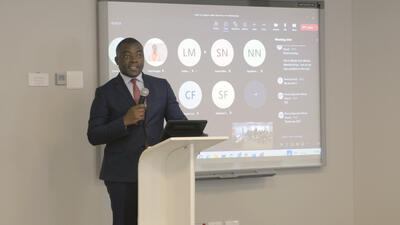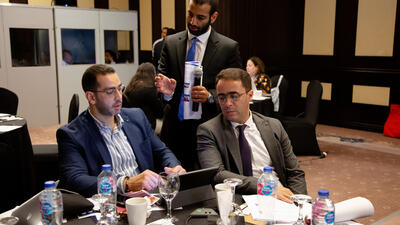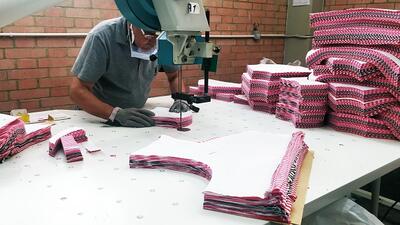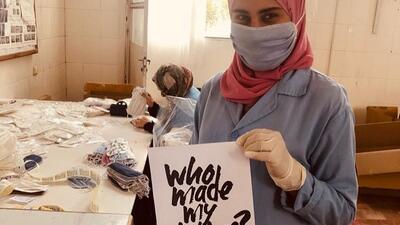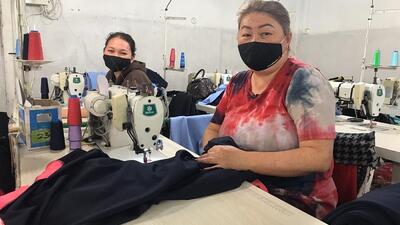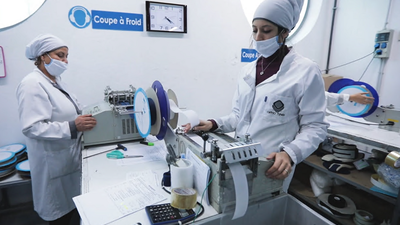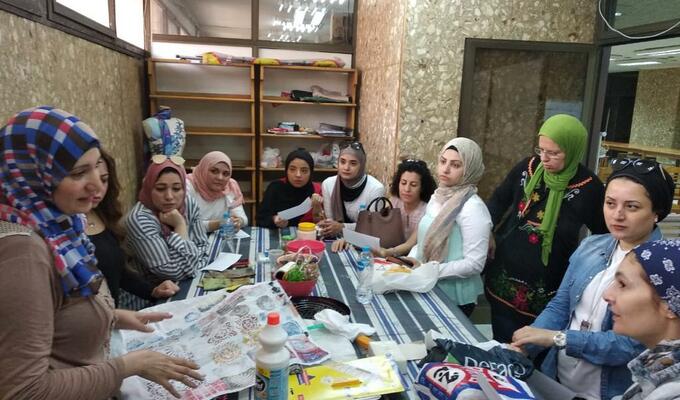
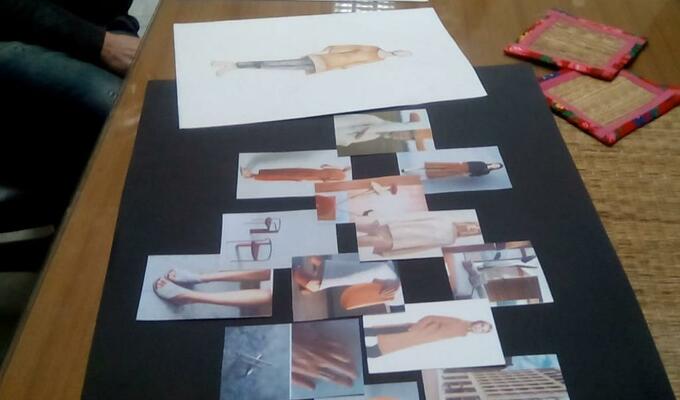
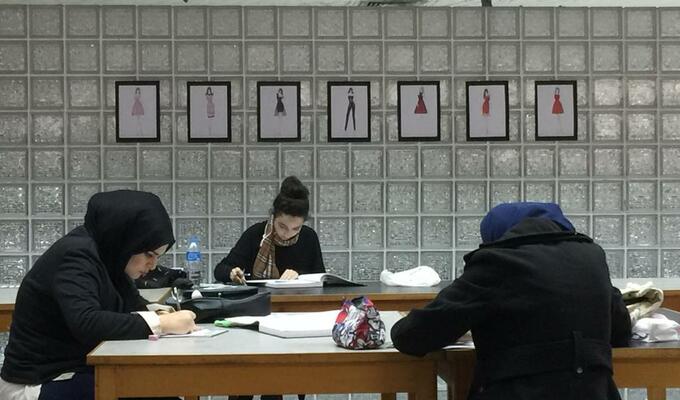
Revolutionizing fashion education: The power of partnerships, tech, and digitization
The Fashion and Design Center (FDC) is an integral part of Egypt's Ministry of Trade and Industry.
FDC has undergone a remarkable transformation, enhancing its operational prowess and service offerings through strategic planning and guidance from the GTEX/MENATEX programme.
Global connections for enhanced learning
FDC's evolution began by fostering partnerships with leading international universities and institutions specializing in fashion design and the garment industry. Collaborations with esteemed names like Cal Poly Pomona, OTIS College of Art and Design in the US, trend forecasting agency Promostyl, and fashion design school MODART in Paris aimed to elevate FDC's course content and accreditation processes. The focus was clear – provide students with industry-relevant knowledge and skills.
Tech-infused learning: Bridging concepts to production
To empower students with industry-standard skills, FDC embraced cutting-edge technology, bringing in the latest design and pattern-making software, Gerber13. With its 3D modeling features and an advanced technical plotter, this technology facilitates quicker and more precise drafting of patterns, prototyping garments, and evaluating fit and style. New courses utilizing this software give students a competitive edge and enhance FDC’s appeal to aspiring designers, entrepreneurs, and industry professionals.
‘By enhancing our diploma programmes, we've increased their value, covering advanced topics and cutting-edge techniques. This translates to higher demand and greater earning potential for our students,’ says Aida Zayed, FDC Managing Director.
E-learning excellence and a bilingual website
FDC furthered its digital transformation with the introduction of e-learning delivery and a bilingual website. The e-learning management system facilitated online course delivery, electronic enrollment procedures, and prerequiste examinations for diploma programmes.
Since the platform's launch, processing times fell by 80%, exam results improved, and the dropout rate fell from 25% to zero for diploma programmes. The system has also become an efficient communication channel, engaging with industry stakeholders, partners, and students. For the first time, FDC has a digital database management tool and a structured newsletter feature.
Unlocking potential with the new website
‘The new website is a digital showcase capturing the essence of FDC,’ said Sally Taha, administrative assistant at FDC. ‘It serves as a vital marketing tool, significantly increasing inquiries about our services, averaging 25 per day compared to just five before the website's launch in 2023.’
With the steadfast support of GTEX/MENATEX, FDC is paving the way for students to embrace modern fashion practices.
This transformative approach has resonated with educators, better equipping them to support learners while streamlining administrative tasks. The result is more effective student outcomes, enhanced business processes, and a revolutionized approach to learning and teaching.
About the GTEX/MENATEX Programme
The Global Textiles and Clothing Programme (GTEX) and its related work in the Middle East and North Africa (MENATEX) supports small and medium-sized enterprises and business support organizations working in the textile and clothing industry in developing countries to increase their export competitiveness.
The GTEX/MENATEX programme is funded by the State Secretariat for Economic Affairs (SECO) of the Swiss Confederation and the Swedish International Development Cooperation Agency (Sida), focusing on six priority countries (Egypt, Morocco, Jordan, Kyrgyzstan, Tajikistan and Tunisia).




